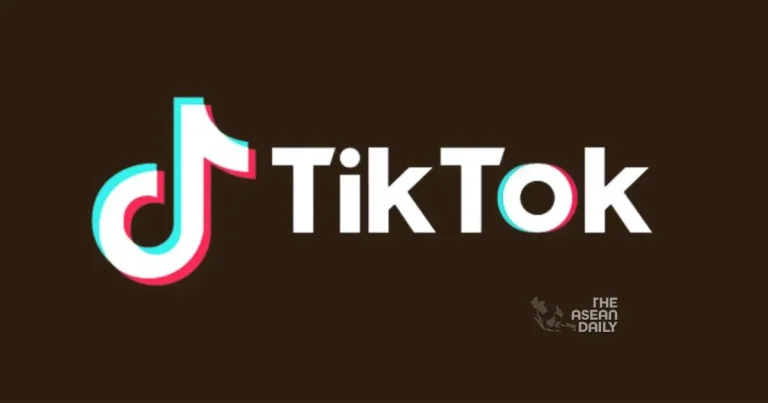31-5-2024 (NEW YORK) TikTok is undertaking an ambitious endeavor to clone its recommendation algorithm for its 170 million American users. This effort, ordered by TikTok’s Chinese parent company ByteDance late last year, predates the recent legislation mandating the sale of TikTok’s US operations and aims to create a version that operates independently of its Chinese counterpart.
According to sources with direct knowledge of the efforts, who requested anonymity due to the sensitive nature of the matter, the work on splitting the source code could lay the groundwork for a potential divestiture of TikTok’s US assets, although no concrete plans for such a move currently exist.
The decision to pursue this path comes amid growing concerns from American lawmakers about TikTok’s Chinese ownership and the potential risks it poses to national security. In April, a bill was signed into law, forcing TikTok to either sell its US operations or face a nationwide ban by January 19, 2024.
Hundreds of ByteDance and TikTok engineers in both the US and China have been tasked with the monumental challenge of separating millions of lines of code that power TikTok’s algorithm, which tailors user content feeds based on their interactions and preferences. The mission is to create a separate code base that is independent of the systems used by ByteDance’s Chinese version of TikTok, Douyin, while eliminating any information linking to Chinese users.
This previously unreported plan offers a rare glimpse into what a technical separation of TikTok’s US operations could entail and highlights the lengths the company is willing to go to address the bipartisan political risks it faces in the United States.
President Biden and other supporters of the law argue that TikTok’s Chinese ownership grants Beijing far too much access to vast troves of data, which could potentially be used for espionage or influence operations targeting American users.
The complexity of the task underscores the difficulty of untangling TikTok’s US operations from its Chinese parent company. The work, described by sources as “tedious dirty work,” is expected to take over a year to complete.
While TikTok and ByteDance have vowed to challenge the US law on First Amendment grounds, engineers continue to operate under orders to disentangle TikTok’s US recommendation engine from ByteDance’s broader network.
At one point, TikTok executives even considered open-sourcing parts of TikTok’s algorithm to demonstrate transparency, but compliance and legal issues complicated the process of determining which parts of the code could be carried over to a separate US version.
The goal is to create a new source code repository for a recommendation algorithm serving only TikTok’s US operations. Once completed, TikTok US would run and maintain its recommendation algorithm independently from TikTok apps in other regions and its Chinese counterpart, Douyin.
However, this move could potentially cut TikTok US off from the vast engineering resources of its parent company in Beijing, raising concerns about whether the US version would be able to deliver the same level of performance and user engagement as the existing TikTok app.




